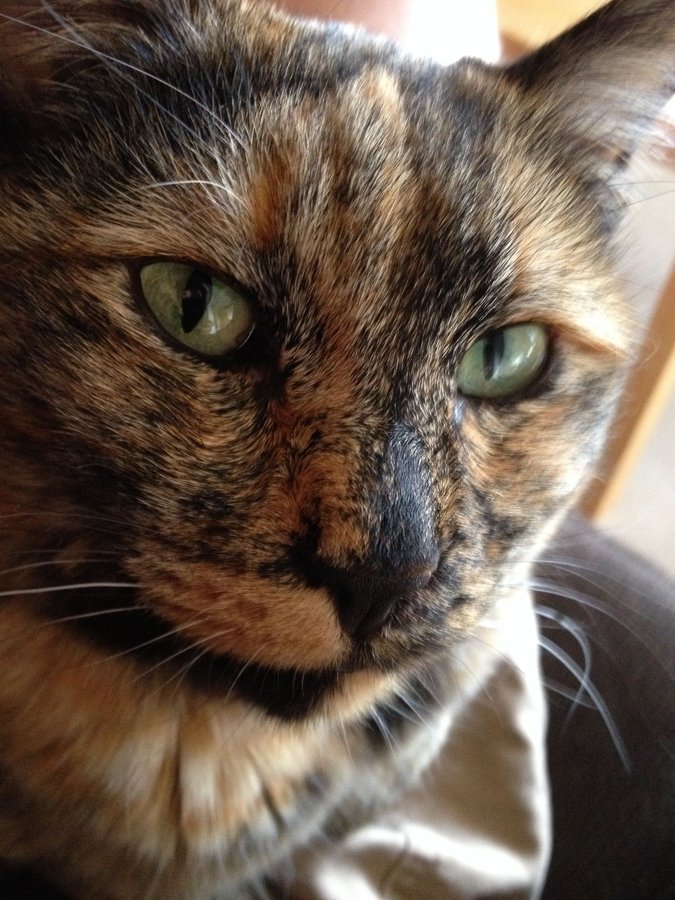I adopted a 5 yo female tortie from the Reno Humane Society with extensive dental issues, which were later diagnosed by my vet as acute stomatitis.
After a steroid injection and much research on the subject, we decide to have Stella's teeth removed (FME). This was done by a highly accaimed veterinary dental specialist in Reno. All remaining teeth and retained roots were extracted, and confirmed with dental x-rays. Six weeks post surgery Stella's stitches have healed but her stomatitis has returned with a a vengeance, especially in the posterior fossa area of her mouth.
My vet gave her a second steroid injection, and has started her on daily cyclosporine by mouth. The hope is that the cyclsporine will eventually address the inflammation, negating the need for regular steroid injections.
So my questions:
1. Does anyone have experience with continue stomatitis post-FME?
2. And can diet play a role in creating an inflammatory response, such as with a protein allergy? The reason I ask this is because my vet wants her on Hill's Z/D from a hydrolized protein source in case a food/protein allergy my be adversely affecting the acute stomatits. Whereas, I would like to see her on a single source protein or LID diet.
Thanks!
After a steroid injection and much research on the subject, we decide to have Stella's teeth removed (FME). This was done by a highly accaimed veterinary dental specialist in Reno. All remaining teeth and retained roots were extracted, and confirmed with dental x-rays. Six weeks post surgery Stella's stitches have healed but her stomatitis has returned with a a vengeance, especially in the posterior fossa area of her mouth.
My vet gave her a second steroid injection, and has started her on daily cyclosporine by mouth. The hope is that the cyclsporine will eventually address the inflammation, negating the need for regular steroid injections.
So my questions:
1. Does anyone have experience with continue stomatitis post-FME?
2. And can diet play a role in creating an inflammatory response, such as with a protein allergy? The reason I ask this is because my vet wants her on Hill's Z/D from a hydrolized protein source in case a food/protein allergy my be adversely affecting the acute stomatits. Whereas, I would like to see her on a single source protein or LID diet.
Thanks!
Last edited:




